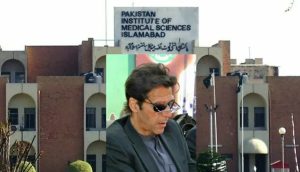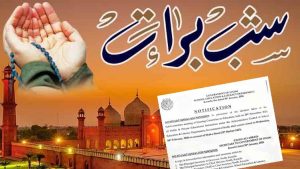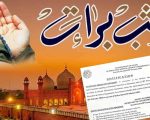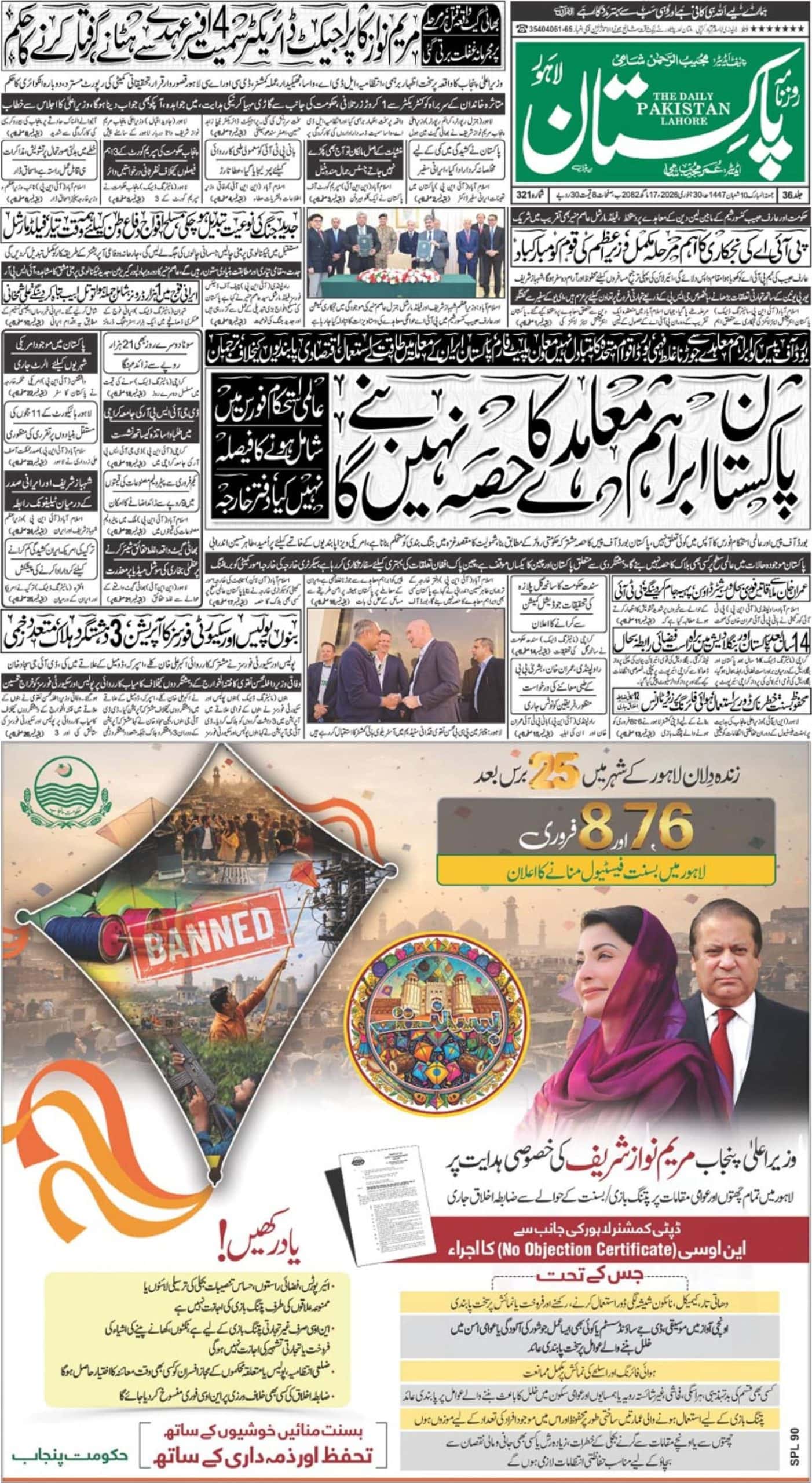ISLAMABAD – Pakistan and India have halted the issuance of pending visas for each others’ diplomats following the death penalty to Indian spy, Kulbhushan Jhadev, by a Pakistani military court.
Official sources told Online that the two sides were ready to issue the visas after months of artillery exchange at the Line of Control (LoC) and the Working Boundary, levelling allegations of cross-border terrorism and expelling each other’s diplomats.
The step would have been taken as a significant move to help thaw the frosty relations to some extent.
“I cannot tell you the exact numbers. But yes, the visas could be processed in 10 to 15 days. And around 10 Indian diplomats could have joined the (Indian) High Commission in Islamabad. However, the situation is altogether different now after the military court decision,” said an official requesting anonymity because he was not authorised to speak to the media.
Jhadev, an Indian Naval officer, was arrested last year from Balochistan while he was travelling on fake documents. Later, he confessed being a RAW agent involved in subverted activities inside Pakistan.
New Delhi had been demanding the counsellor access to Jhadev, which Pakistan denied owing to multiple reasons. Indian officials claimed that Jhadev was a businessman and had been kidnapped by the Pakistani intelligence agencies from Iran. However, they could not justify the confessional statement of the arrested spy.
Sources said the Pakistani authorities recently dispatched a letter to New Delhi seeking action against those persons, whom Jhadev mentioned in his confessional statement.
The Indian authorities refused to act upon it saying no action could be taken against anyone unless the counsel access to Mr Jhadev was granted.
Several months after Jhadev arrest, Pakistan also expelled several Indian diplomats who were allegedly involved in anti-state activities in Pakistan. The authorities also released pictures of those diplomats that incurred strong reaction from New Delhi. The move was apparently a knee-jerk reaction to the Indian decision of expelling a couple of Pakistani diplomats on the charges of conducting “espionage activities” last year.
The Indian High Commission (IHC) in Islamabad has been facing the shortage of staff for months because the Pakistani authorities did not release visas for the diplomats, who await their posting in Islamabad.
Pakistani intelligence agencies believed the expelled Indian diplomats were involved in anti-Pakistani activities. However, some of the intelligence officials were against their expulsion. “It was more a political decision. It is easier for us to track the activities of old diplomats. Whoever comes from India this time, we have to work on them from the very beginning,” an intelligence official discloses.
India and Pakistan recently held inconclusive talks on water issues. While Islamabad has been urging to resume comprehensive dialogue, New Delhi showed reluctance asking Pakistan to show progress on controlling cross-border terrorism and bring the culprits of Pathankot, Uri and Gurdaspur attacks to justice
“It is not true that India has linked the resumption of comprehensive dialogue with an investigation on Pathankot, the Pakistan’s Foreign Office spokesperson Nafis Zakaria asserted.
He recently made a public statement saying Pakistan was ready to discuss the issue of terrorism with the Indian authorities. Some analysts took it a policy shift in Islamabad. However, the spokesperson explained the issue of terrorism was one of the components of the comprehensive dialogue process.
He said the Indian authorities did not share admissible evidence in Pathankot attack. “What they provided us was mere unauthenticated information, which wasn’t enough to start a trial against the alleged masterminds of Pathankot attack,” he argued.
The Indian officials asserted they provided a team of Pakistani investigators, which visited Pathankot, with pictures, fingerprints, transcript of conversations, telephone numbers, etc.
Sherry Rehman, Pakistan’s former information minister and ambassador to the United States, noted with disappointment that liberal voices were being silenced in India. She urges Modi administration to accept the US offer of mediating between India and Pakistan.
Sheela Bhatt, a senior Indian journalist associated with the Indian Express, refuted the apprehensions of Ms Rehman. She said the Indian media had been very critical of the BJP government.
While underlining the importance of resumption of dialogue process, she said Pakistan must address the Indian concerns and prove that its state institutions are not sponsoring terrorism in any part of India.-Online













